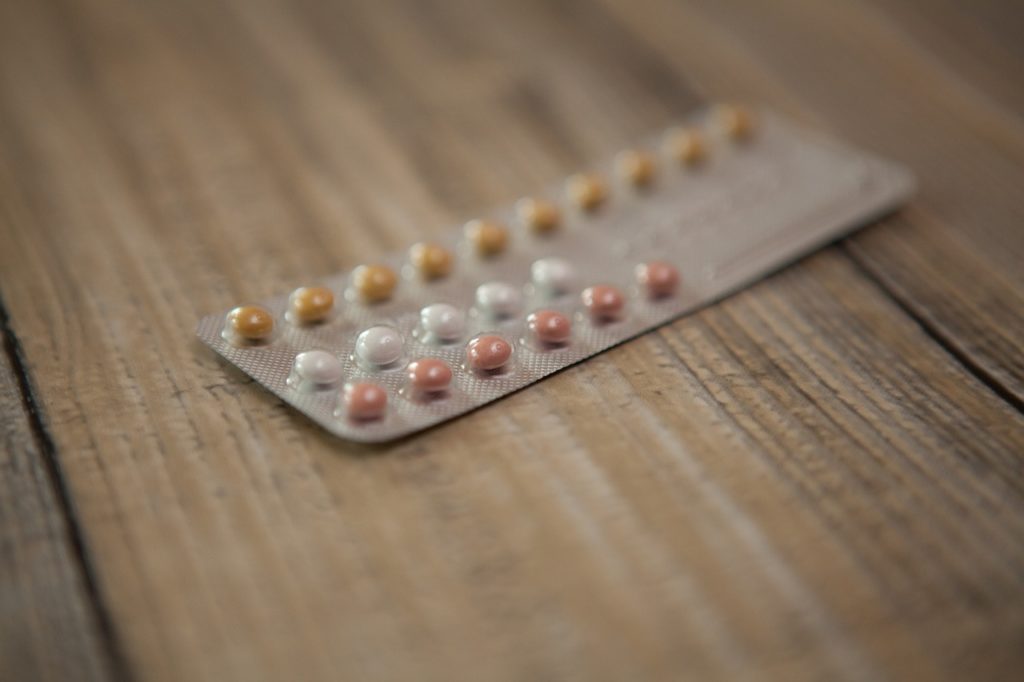
Birth Control – Emergency Contraception
Emergency contraception, so called the ‘morning after pill’, can be used after having unprotected sex, to prevent an unplanned pregnancy. You may need emergency contraception if a condom breaks, if you miss taking the oral contraceptive pill or if you have sex without any contraception. It may also be needed in the case of rape.
Emergency contraception is best to take as soon as possible, ideally within 24 hours of having sex, but within 96 hours (four days), it still works well. It will not be very effective if you take it within five days (96 to 120 hours).
In preventing an unintended pregnancy, emergency contraception is around 85 percent effective. It works by preventing or delaying ovulation. Emergency contraception is only meant to be used in emergencies, so it is not an long-term or ongoing method of contraception.

After taking emergency contraception, your next steps must be:
- to have a pregnancy test – if your next period is more painful than usual, more than seven days late or is in any way unusual.
- to be screened for sexually transmissible infections – if you think you could be at risk (some STI do not cause symptoms, but can cause long-term health problems such as infertility)
- to think about future contraception – ask a nurse or doctor for information about your options to help you decide which method you would like to use to prevent an unplanned pregnancy.
If you miss any of the first seven active pills of a cycle and have unprotected sex, you may need emergency contraception. After taking emergency contraception, use condoms and keep taking your pills as normal, until you have had seven active pills in a row.
After taking emergency contraception, most women have their next period around its expected time. Only about 15 percent will have a late one, and about 30 percent will have an early period.
